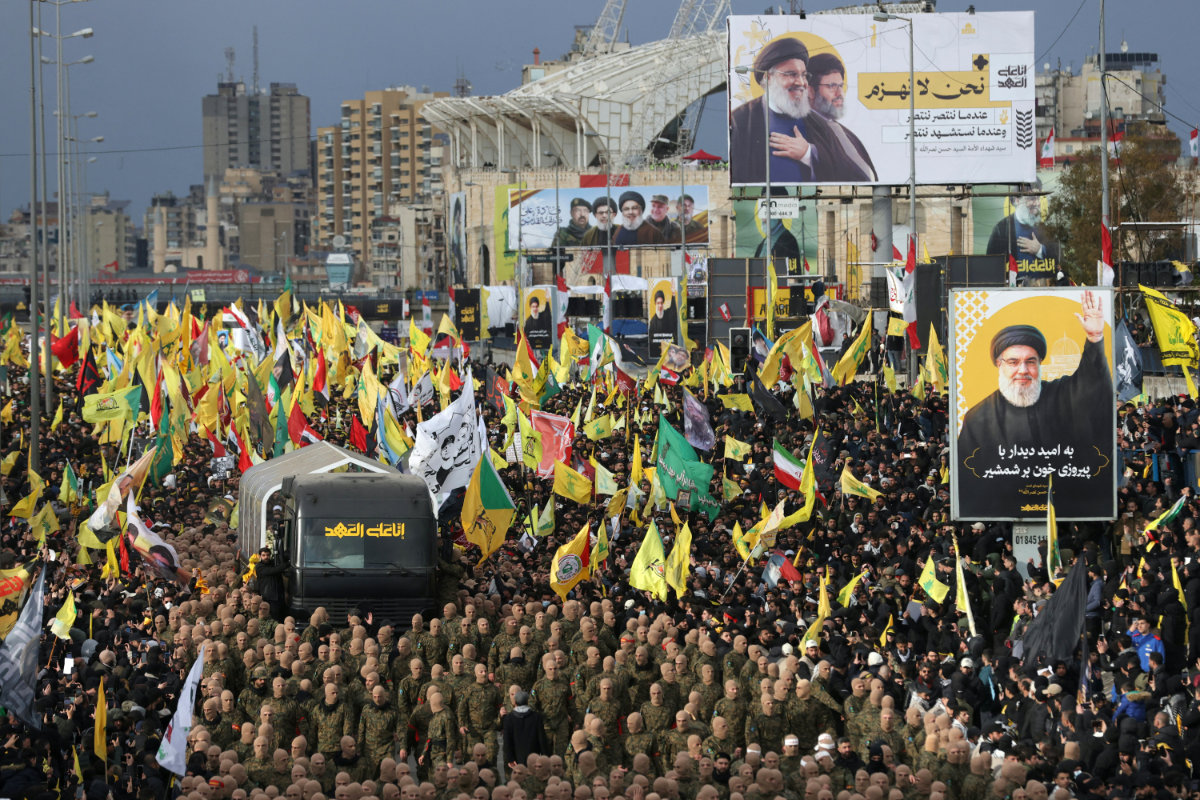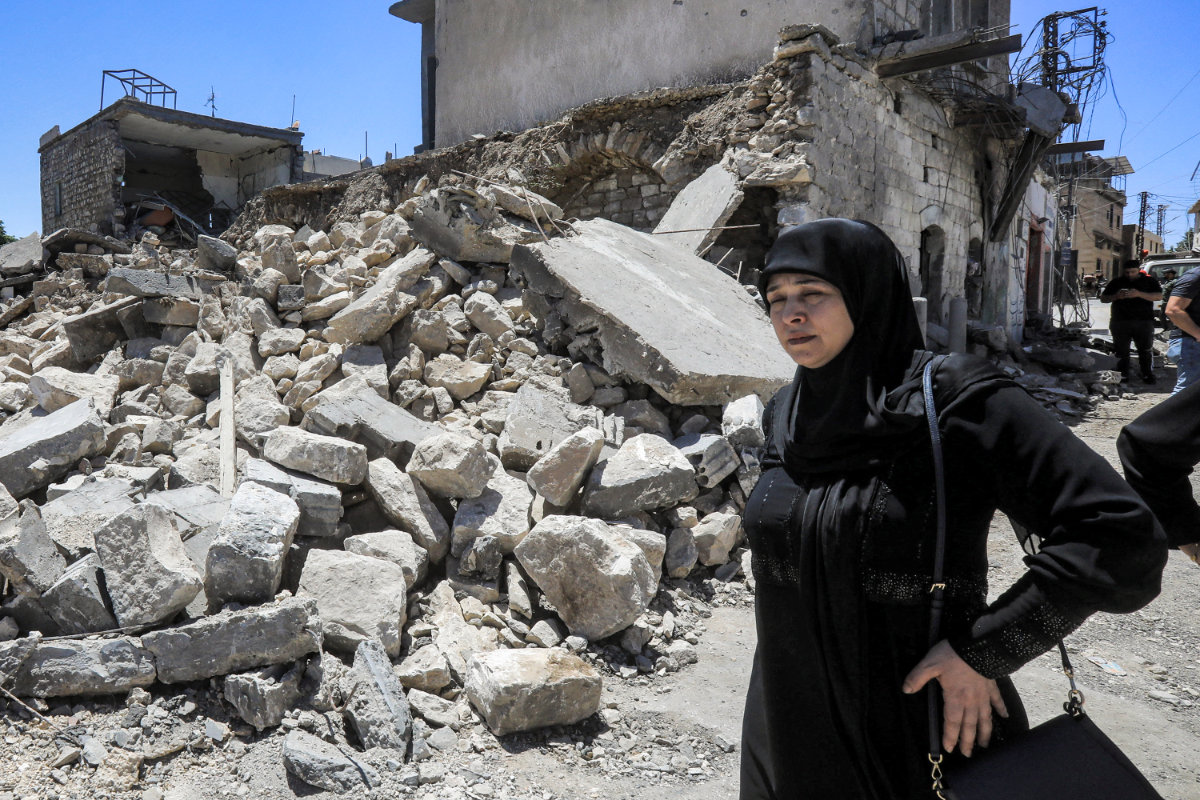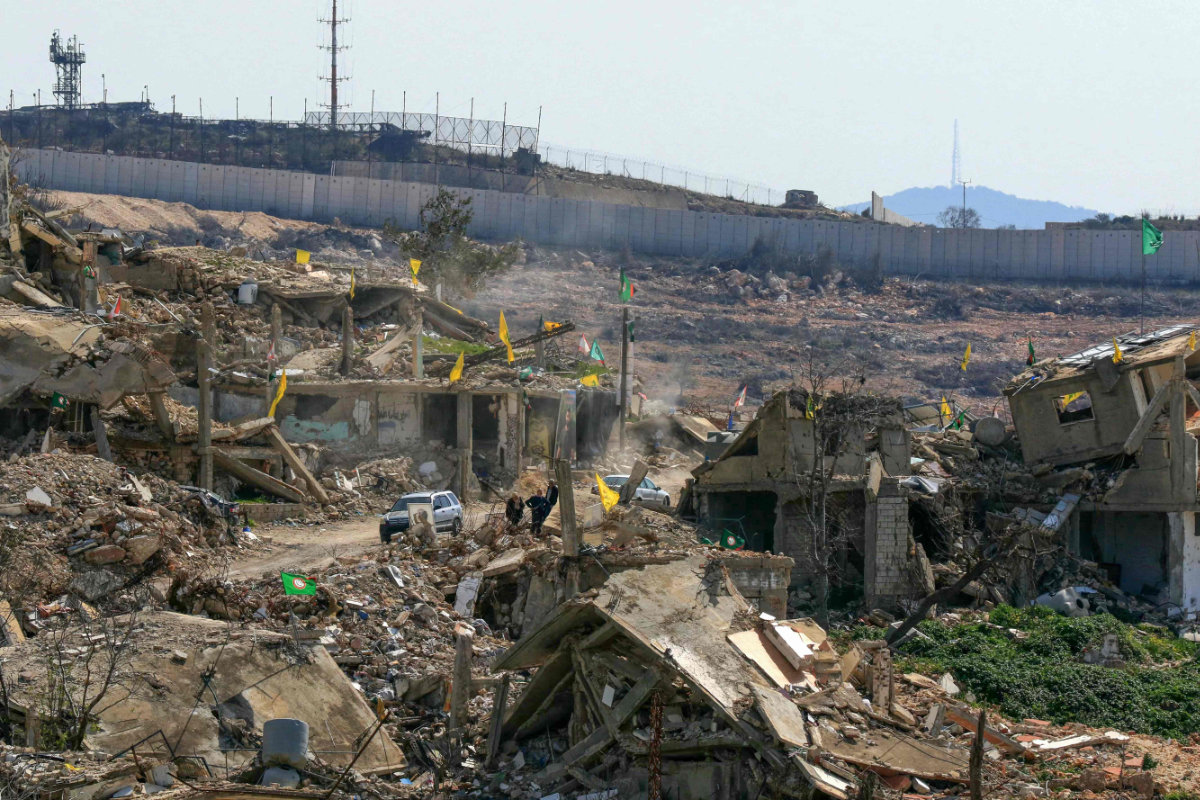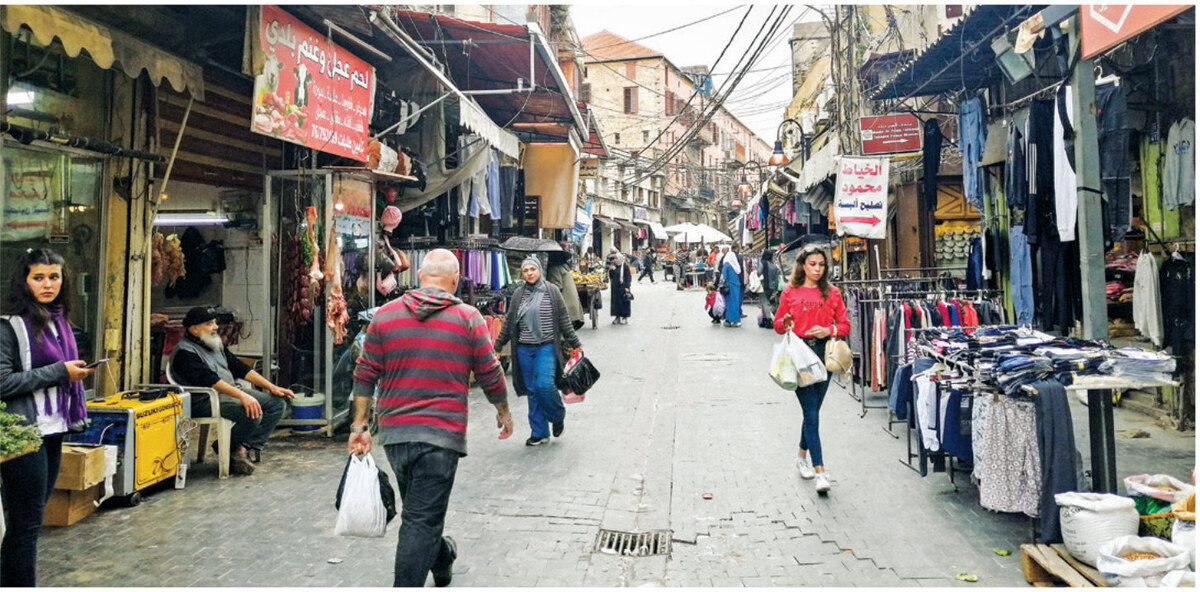NEW YORK CITY: The director of B’Tselem, Israel’s most prominent human rights organization, told the UN Security Council on Wednesday that the Israeli government is “cynically” exploiting the collective trauma inflicted on the country’s citizens by the Hamas attacks on Oct. 7 last year to “violently” advance its project to cement its control over the entire land.
To that end, Yuli Novak added, Israeli authorities have been committing war crimes almost on a daily basis in Gaza as they wage war on the entire Palestinian people.
“This has taken the form of expulsion, starvation, killing and destruction on an unprecedented scale,” she said. “This goes beyond revenge.”
Novak was speaking during an emergency meeting of the council, called for by Israel to discuss the killings this week of six Israeli hostages in Gaza, and by Algeria in response to an escalation of violence in the West Bank and the ongoing humanitarian crisis in war-ravaged Gaza.
She accused Israeli authorities of pursuing an ideological agenda designed to render Gaza uninhabitable for Palestinians.
“By driving Palestinians out of entire areas and displacing millions, Israel is laying the groundwork for long-term control of Gaza that could lead to reestablishing Israeli settlements there, and in the West Bank, including East Jerusalem,” said Novak.
The Israeli government is already exploiting the circumstances to create irreversible changes in the West Bank, she added.
“Since October, Israeli forces have killed 640 Palestinians there, including at least 140 minors,” Novak said. “Settlers are attacking Palestinians and carrying out pogroms in broad daylight, with support from the government.
“They have so far managed to drive 19 Palestinian communities out of their homes, and recently the military launched a huge operation to damage infrastructure that serves hundreds of thousands of people in the northern West Bank.”
The veteran activist lamented the fact that the international community has failed to halt “Israel's criminal policy of massive harm to civilians in Gaza. Now, this cruel policy is spilling over into the West Bank.”
She added that “the war on Palestinians is also happening inside prisons,” noting that since last October, Israel has arrested thousands of Palestinians and is holding them in “inhumane conditions.”
Last month, B’Tselem published a report titled “Welcome to Hell” in which it said the “shocking” pattern of abuse against Palestinians in Israeli detention centers amounted to torture. It accused the government of using the war in Gaza as an excuse to turn Israeli prisons into a network of torture camps.
Such “violence is possible because Israel has enjoyed impunity for decades,” Novak said. “As long as this impunity continues, the killing and destruction will continue and expand, and fear will continue to rule the land.”
The international community has failed in its duty to protect civilians, she added, with four UN Security Council resolutions relating to the war in Gaza failing to bring about a lasting ceasefire or free the hostages.
“The council must acknowledge this failure and take effective action to compel Israel and Hamas to immediately and permanently cease all hostilities,” Novak said.
Edem Wosornu, director of advocacy and operations at the UN Office for the Coordination of Humanitarian Affairs, told council members that there is “almost no limit to the inhumanity unfolding before our eyes” in Gaza.
She expressed alarm about the treatment of the remaining Israeli hostages in Gaza and the conditions under which they are being held, and the refusal to allow humanitarian visits or assistance from the International Committee of the Red Cross.
Wosornu also voiced grave concern about the numbers of Palestinians killed or injured in Gaza; more than 40,000 people have reportedly lost their lives to the conflict and 93,000 have been wounded, more than half of them women and children. The UN believes these figures are an underestimate, as thousands of bodies are thought to be buried under rubble.
“Much of this death and devastation is the result of the use of heavy weapons in densely populated areas, including in camps, shelters and areas where civilians have been told to evacuate,” said Wosornu. “The brutality of this conflict seems to know no limits.”
Amid the carnage, healthcare systems in Gaza have been decimated, she added, as a result of which the population, including young children and pregnant and breastfeeding women, is unable to access critical care.
Nineteen of Gaza’s 36 hospitals are out of service, Wosornu said, and those that remain open are barely functioning, overwhelmed as they are by patients amid shortages of fuel and medical supplies.
Meanwhile water infrastructure in Gaza has been severely damaged, reducing supplies to a quarter of what they were before October 2023, she added.
“Food sources and production facilities have been destroyed. Food delivery remains severely hampered by ongoing fighting, damaged roads and barriers to the entry and movement of humanitarian supplies,” Wosornu said.
“Around 96 per cent of the population continues to face high levels of acute food insecurity, with nearly half a million people facing catastrophic hunger.
“It does not have to be this way,” she added as she reiterated the fact that the hostages must be released, civilians must be protected, and essential needs must be met.
Wosornu called on the Security Council to use its influence to ensure compliance with an immediate cessation of hostilities in Gaza and the introduction of a sustainable ceasefire, and to deescalate the situation in the West Bank.
Samuel Zbogar, the permanent representative to the Security Council from Slovenia, which holds the presidency of the council this month, said people in his country are outraged by what he described as “parallel realities” for Israelis and Palestinians, as he criticized the reality of ongoing political debates that fail to offer solutions.
“Let me be clear that parallel realities exist: a reality of decades-long suffering and human-rights violations of the Palestinian people; a reality of security challenges for the Israeli people,” he said.
“But also, a reality of regional instability which is a threat to international peace and security.”
Repeating the calls for an immediate, lasting end to hostilities, he added: “Only a ceasefire will alleviate the suffering of hostages and their family members and friends. Only a ceasefire will alleviate the suffering of Palestinians in Gaza.”
Zbogar also reiterated the concerns about the rapidly deteriorating situation in the West Bank, calling for an immediate end to operations that are “further fueling violence, tensions and human-rights violations” there.
He called on Hamas and the Israeli government to “recalibrate their interests and place the interest of peace and protection of all civilians, Palestinians and Israelis alike, first.”


































